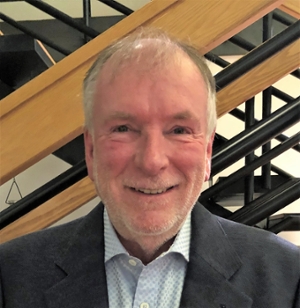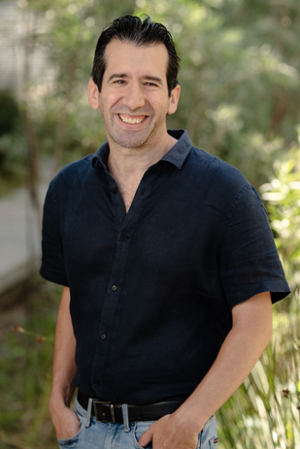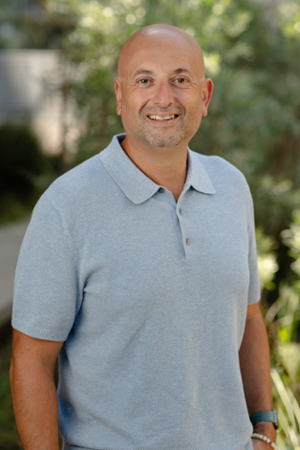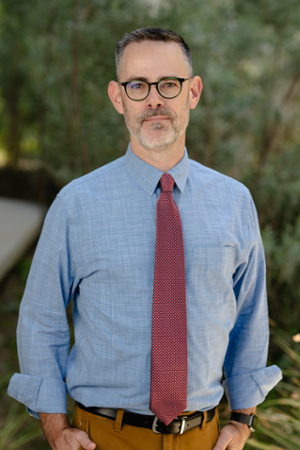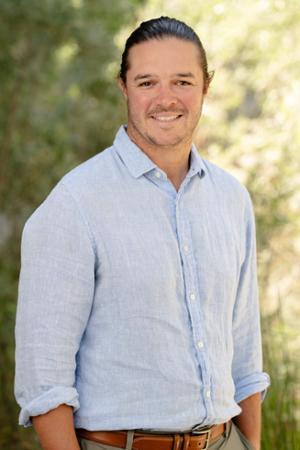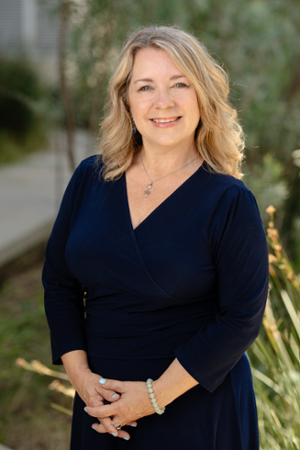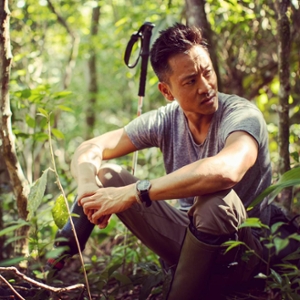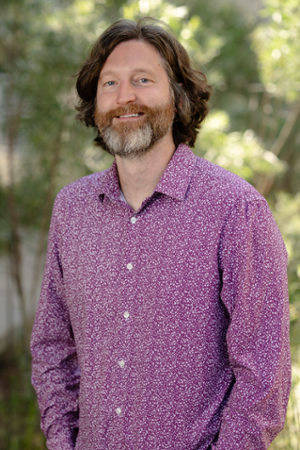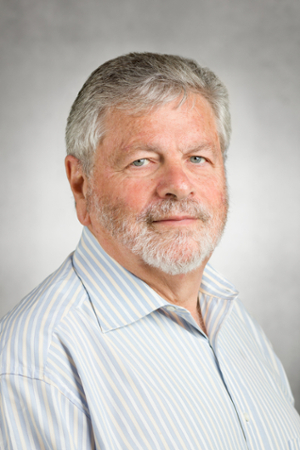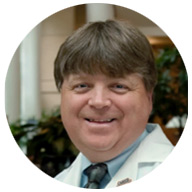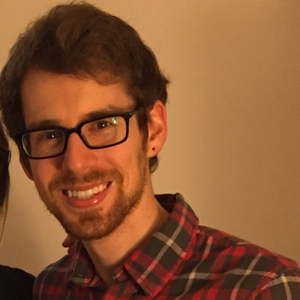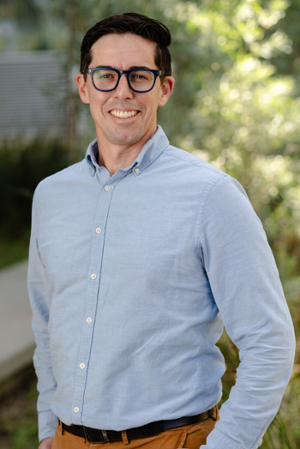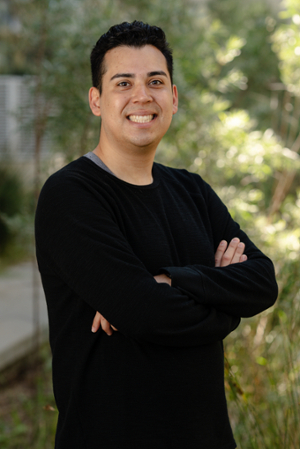Cassandra Vieten (Psychology Director)
Cassandra Vieten, PhD, is a professor, licensed clinical psychologist, mind-body medicine researcher, author, consultant, and internationally recognized workshop leader and public speaker. Her current research projects focus on establishing training guidelines for spiritual and religious competencies for mental health professionals; developing and delivering wellness programs for law enforcement agencies, officers and professional staff; developing virtual reality tools and experiences designed to induce perspective shifts that change people's worldviews; investigating the nature and potentials of imagination: and studying the therapeutic potential of psychedelics.
Cassi is a Clinical Professor in the Department of Family Medicine's Centers for Integrative Health at the University of California, San Diego, where she serves as the Director of the Center for Mindfulness. The CFM is one of the leading mindfulness centers in the country, offering courses in mindfulness to the general public, conducting research on mindfulness-based interventions (MBIs), incubating new MBIs for special populations and settings, and training and certifying professional mindfulness teachers.
She is also Director of Research at the Arthur C. Clarke Center for Human Imagination at UC San Diego. The Clarke Center advances understanding of the phenomenon of imagination and its practical applications. We research, enhance, and enact the gift of human imagination by bringing together the inventive power of science and technology, with the critical analysis of the humanities, and the expressive insight of the arts. And, we work to develop more effective ways of using imagination to cultivate public engagement with the big questions of our time, to improve education and learning, and to enhance the application of imagination in meeting humanity’s challenges.
Cassi is also co-founder and Clinical Psychology Director at the Psychedelics and Health Research Initiative at UCSD, where a flagship study focuses on psilocybin for phantom limb pain in patients with amputations.
She is Senior Advisor at the John W. Brick Mental Health Foundation, where she served as Executive Director from 2019-2023. Founded by Victor and Lynne Brick, in honor of Victor’s brother John who suffered from schizophrenia, the JWB Foundation funds and promotes empirical research on fitness, nutrition, and mind-body approaches to foster mental health, and to better prevent and treat mental illness.
Cassi is a Senior Fellow at the Institute of Noetic Sciences (IONS), founded by Apollo 14 Astronaut Edgar Mitchell, where she worked for 18 years. She served as CEO/President from 2013-2016 and President from 2016-2019. The mission of IONS is revealing the interconnected nature of reality through scientific exploration and personal discovery, creating a more just and thriving world. In addition to her contributions to the overall mission, vision, strategic direction, financial health, board and staff development, and activities of the organization, she headed up several initiatives including Mindful Motherhood, Living Deeply and the Transformation Project, and the Future of Meditation Research Project.
She is co-chair of the Board of Directors of Partners for Youth Empowerment, Vice-Chair of the Board of Directors of the Consciousness and Healing Initiative, and serves on the Board of the Virtual World Society.
